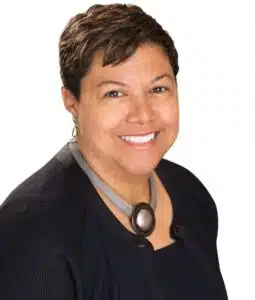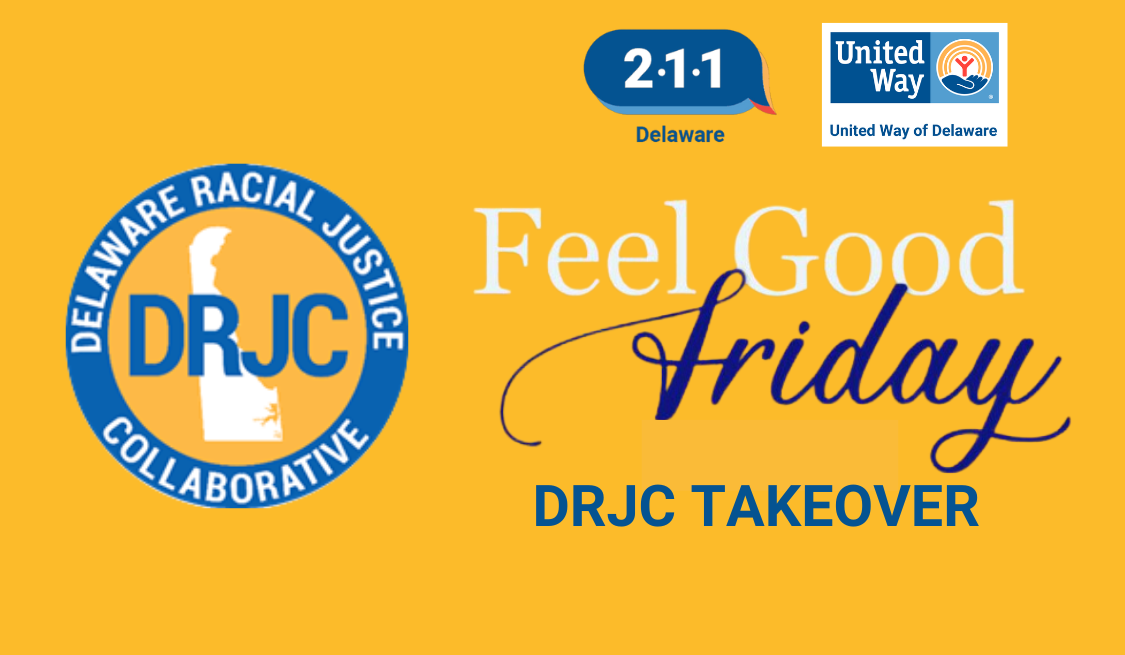Putting All the Pieces Together
Picture in your mind one piece from a puzzle. Can you tell me what the final image is? What if I gave you two pieces, or three. Can you see it yet? Of course not. The picture isn’t complete without all the pieces. In fact, with even one piece missing, you still can’t be completely accurate about the whole picture.
Raising children to be healthy, productive, responsible adults requires they have all the pieces, too.
But what do we mean by “all the pieces?”
You wouldn’t teach your children just one skill – like crawling — and expect that will carry them through life. You know the child needs to develop other skills such as balance, coordination and confidence before they will have the courage to stand up and walk.
In Delaware, we’re fortunate that our education system doesn’t just focus on one part of a child’s development, academics. The schools recognize that an integral part of educational attainment requires caring adults throughout the child’s entire day, adults who value relationship-building and social/emotional learning and put those values into practice.
That gives us a huge head start on making sure children develop the wide range of skills and experience they need to develop into well-rounded, contributing adults. The jargon is “developmental assets.” In short, that means the skills young people need to develop to be able to forge healthy relationships with their families, schools and communities, as well as the personal qualities they need to be emotionally healthy and develop a value system, self-reliance and self-confidence.
This past week, I spent time with some 50 partners from state government, the education community, community-based organizations and United Way of Delaware colleagues. There we discussed how all of us can implement a consistent developmental growth structure that students experience in every aspect of their lives, from early childhood to school age, in daycares, in after-school programs, in community-based organizations, on the sports field, and in the home.
It’s well recognized that newcomers to an institution perceive its characteristics, strengths and procedures differently from those who have internalized the operations.
Taking that into consideration as we work to create “a more perfect union,” we need to challenge our thinking, assumptions and preconceived notions. One exciting way we can start this is to ask young people – those newcomers to adulthood — for their opinions, ideas and perspectives, and let them tell us how they would go about implementing change. I’m sure many of us will be surprised by their commentary on our social norms and their insight into policies and habits that are so ingrained that we don’t even see them anymore. Chances are good that we’ll learn a lot!
I look forward to finding new platforms for young people to speak and be heard. United Way of Delaware and Delaware Racial Justice Collaborative began creating those opportunities through hosting 17 summer intern colleagues and the production of two youth summits over the past three months. We are committed to finding additional opportunities for young people to use their voices for change.
Sincerely,

Michelle Taylor
President and Chief Executive Officer
United Way of Delaware
Like What You’re Reading?
Sign up below to get Feel Good Friday delivered straight to your inbox.






